According to a recent tweet by Samuel Bendett, a prominent analyst of Russian military affairs, Russia is set to implement a sweeping educational initiative focused on unmanned aerial systems (UAS) across the country.
Bendett’s tweet, based on Russian media reports, outlines a significant expansion of drone-related Education in Russian schools:
According to Russian media, starting with this school year, 523 schools and 30 practical training centers across Russia will launch educational programs on the development, production and operation of unmanned aircraft systems. Such courses will appear across 30 regions; all institutions participating in the project will have training drones and training flight sites, and more than 2,500 teachers will be prepared to teach the new subject.
This ambitious program marks a significant shift in Russia’s educational landscape, integrating cutting-edge technology with a potential military focus. Let’s delve deeper into the implications and details of this initiative:
Scope and Scale
The sheer scale of this program is noteworthy:
- 523 schools involved
- 30 practical training centers
- Spanning 30 regions across Russia
- Over 2,500 teachers to be trained
This widespread implementation suggests a coordinated, national-level effort to prioritize Drone Technology education.
Curriculum Focus
The program will cover three main areas:
- Development of UAS
- Production of UAS
- Operation of unmanned aircraft systems
This comprehensive approach indicates an intent to nurture a full spectrum of drone-related skills, from design and manufacturing to piloting and maintenance.
Regional Implementation
While specific regions weren’t listed in Bendett’s tweet, follow-up reports suggest the program will be introduced in areas including:
- Belgorod Oblast
- Voronezh Oblast
- Moscow Oblast
- Chelyabinsk Oblast
These regions represent a mix of urban and rural areas, as well as some territories closer to Russia’s western borders.
Educational Resources
To support this initiative, participating institutions will be equipped with:
- Training drones
- Dedicated flight training sites
This hands-on approach underscores the practical nature of the program, moving beyond theoretical learning to actual flight experience.
Career Prospects
According to Larisa Tutova, a member of the State Duma Committee on Education, the program aims to prepare students for various career paths:
“UAS operators will be able to find work in military structures, private companies, and commercial organizations involved in industry, trade, and research work. Operators can work for themselves, filming weddings, concerts, collaborating with film studios, advertising agencies, and other companies that need high-quality photos and videos.”
This statement highlights the dual-use nature of drone technology, spanning both civilian and potential military applications.
Context Within Broader Educational Changes
This Drone Education initiative is part of a larger overhaul of Russia’s school curriculum, which includes:
- Replacing “Fundamentals of Life Safety” with “Fundamentals of Security and Defense of the Motherland” (OBZR)
- Introducing content on weapons of mass destruction and protection methods
- Adding military figures who participated in the Ukraine conflict to history lessons as “heroes”
- Removing certain Western authors (like J.K. Rowling) from literature programs
- Emphasizing “traditional values” in a new subject called “Family Studies”
Implications and Concerns
The introduction of such an extensive drone program in schools raises several points for consideration:
- Early exposure to advanced technology could foster innovation and technological literacy.
- The potential militaristic focus aligns with broader trends of militarization in Russian education.
- Ethical considerations arise regarding the age-appropriateness of such technology in schools.
- The program could significantly impact Russia’s future drone capabilities, both civilian and military.
- It may influence geopolitical dynamics, especially concerning unmanned systems in conflict zones.
DroneXL’s Take
The rapid integration of drone technology into Russia’s national curriculum underscores the growing importance of unmanned systems in both civilian and military sectors globally. While drone education can undoubtedly provide valuable technical skills and career opportunities, the apparent militaristic focus in Russia’s case raises concerns about the ethical implications of such programs for young students.
It’s crucial to consider the stark contrast between this approach and drone education initiatives in other Countries. For instance, our recent articles on how drones are enhancing STEM learning in US schools highlights a more civilian-focused, innovation-driven approach to drone technology in education.
Ultimately, drone technology itself is neutral – its impact depends entirely on how we choose to apply it. The Russian program’s scale and apparent dual-use focus make it a significant development worth monitoring closely.
As the global community continues to grapple with the rapid advancement of drone technology, it’s essential to foster open dialogues about the ethical implementation of such programs in education. We must balance technological progress with moral considerations, ensuring that the next generation of drone operators and developers is equipped not just with technical skills, but also with a strong ethical foundation.
What are your thoughts on introducing such comprehensive drone programs in schools? Do you see more potential benefits or risks? Let us know in the comments below.
Photo courtesy of Verstka.
Discover more from DroneXL
Subscribe to get the latest posts sent to your email.

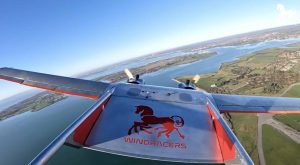
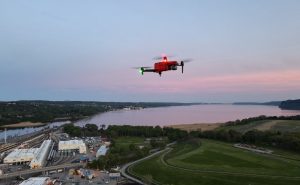
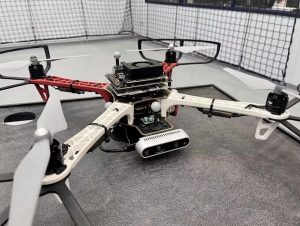

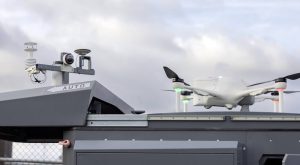
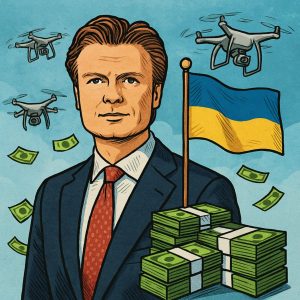




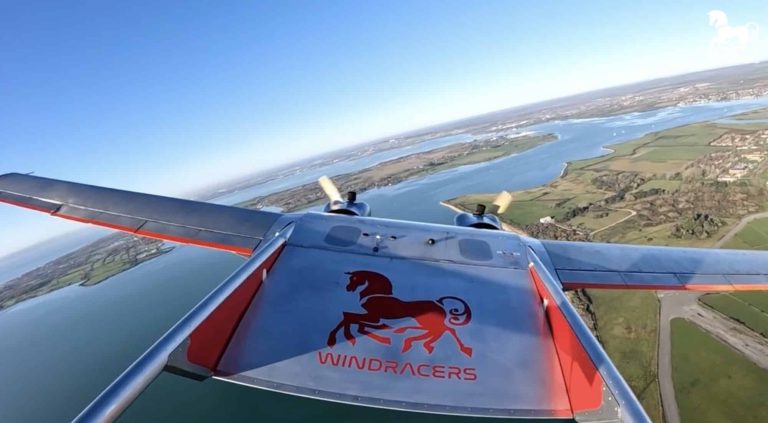

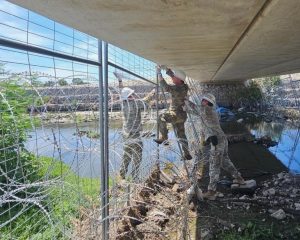
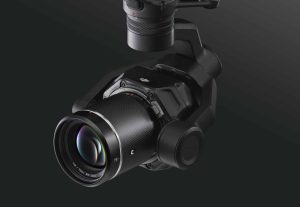
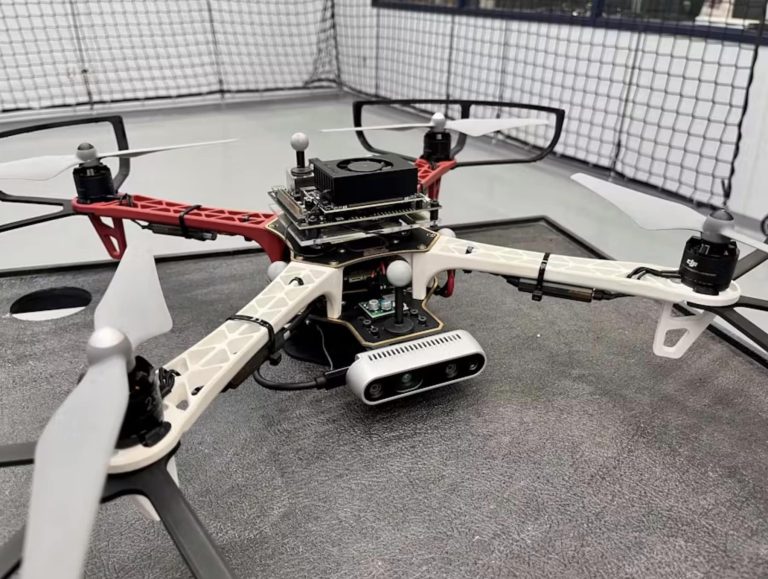

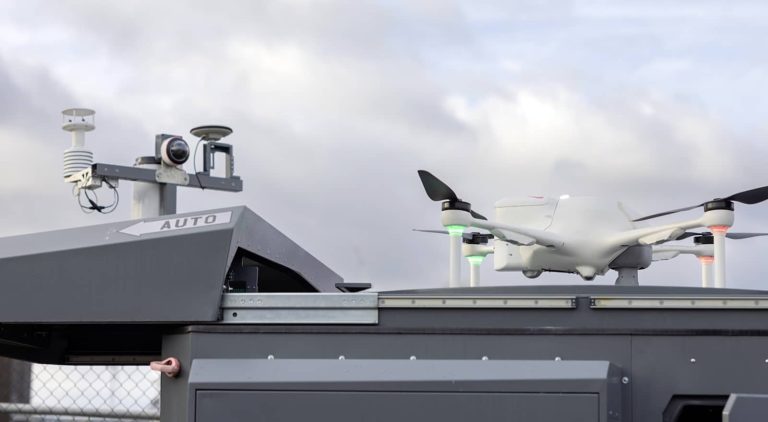
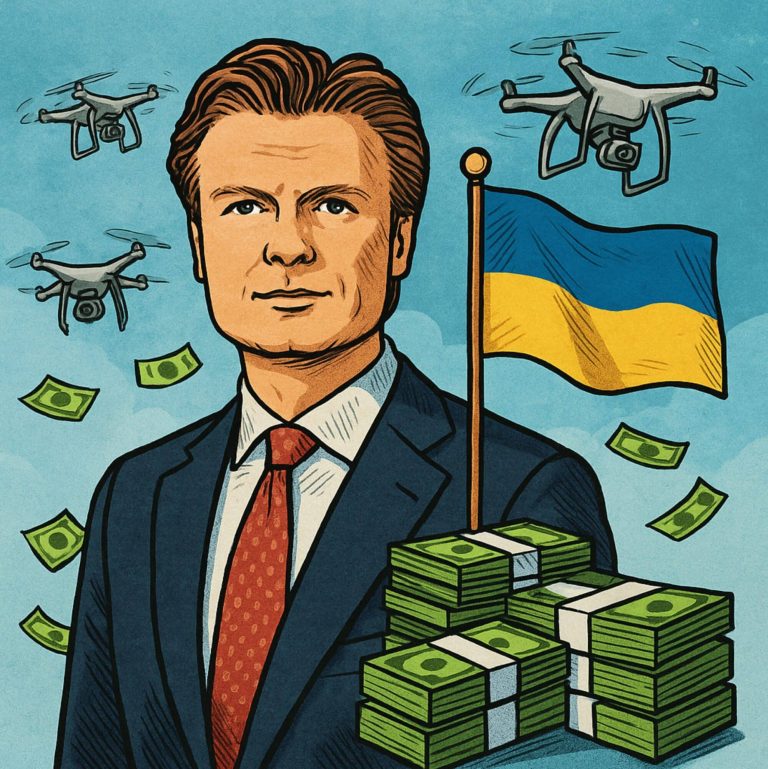

+ There are no comments
Add yours